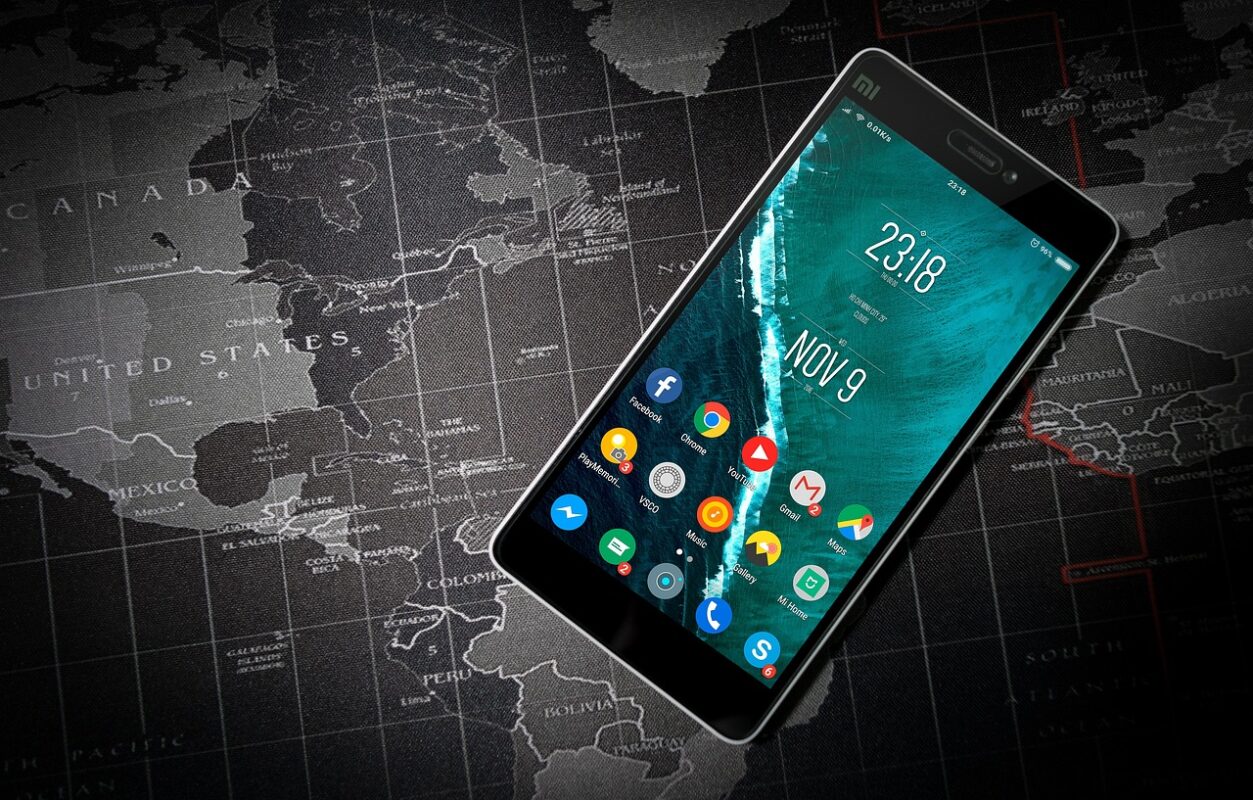Technology has become an integral part of our daily existence, shaping how we communicate, work, learn, and even entertain ourselves. From the advent of the internet to the rise of artificial intelligence, the rapid pace of technological advancement presents both opportunities and challenges. In this article, we’ll explore the transformative impact of technology on various aspects of life, current trends, and considerations for navigating the digital age responsibly.
The Evolution of Technology
The journey of technology can be traced back to simple tools used by early humans, but its modern evolution began with the Industrial Revolution. This period marked the shift from agrarian societies to industrialized urban centers, introducing machines that changed production methods and lifestyles.
The 20th century witnessed groundbreaking advancements such as the invention of the computer, the internet, and mobile phones. These innovations have dramatically altered the way we interact with the world, paving the way for the digital age we experience today.
Current Trends in Technology
Today, technology continues to evolve at an unprecedented pace, driven by innovation and societal needs. Here are some of the most significant trends shaping our lives:
- Artificial Intelligence (AI): AI is revolutionizing various sectors, from healthcare to finance. Machine learning algorithms analyze vast amounts of data, enhancing decision-making processes, improving diagnostics, and even personalizing user experiences. AI-powered tools, such as chatbots and virtual assistants, are becoming commonplace, streamlining tasks in both professional and personal contexts.
- Remote Work Technology: The COVID-19 pandemic accelerated the adoption of remote work tools. Platforms like Zoom, Slack, and Microsoft Teams have transformed how we collaborate, making it possible to work efficiently from anywhere. This shift has also led to the rise of flexible work arrangements, changing the traditional workplace dynamic.
- Internet of Things (IoT): The IoT connects everyday devices to the internet, allowing for seamless communication and automation. Smart home technologies—like thermostats, lights, and security systems—enhance convenience and energy efficiency. As more devices become interconnected, the potential for increased efficiency and data collection grows.
- Blockchain and Cryptocurrency: Blockchain technology, the backbone of cryptocurrencies, offers a decentralized approach to data management. Beyond finance, it has applications in supply chain management, healthcare, and digital identity verification, promising increased transparency and security.
- Augmented and Virtual Reality (AR/VR): AR and VR technologies are changing the way we experience entertainment, education, and even therapy. These immersive technologies offer new ways to engage with content, providing experiences that can simulate real-life scenarios or create entirely new worlds.
The Impact of Technology on Daily Life
The influence of technology permeates nearly every aspect of our lives. Here are some areas significantly affected:
- Communication: Social media and instant messaging have transformed how we connect with others. While these platforms facilitate communication across distances, they also raise concerns about privacy, misinformation, and the impact on face-to-face interactions.
- Education: Technology has reshaped education through online learning platforms and educational apps. Access to information has never been easier, allowing for personalized learning experiences. However, the digital divide remains a challenge, as not all students have equal access to technology.
- Health and Wellness: Wearable technology, such as fitness trackers and health monitoring devices, empowers individuals to take charge of their health. Telemedicine has also gained popularity, making healthcare more accessible. Nonetheless, concerns about data privacy and the reliability of health apps persist.
- Entertainment: Streaming services, video games, and online content have transformed the entertainment landscape. While these platforms offer diverse options for enjoyment, they can also lead to issues like screen addiction and reduced physical activity.
- Work and Productivity: Technology has streamlined workflows and improved productivity through automation and collaborative tools. However, the blurring of work-life boundaries due to constant connectivity can lead to burnout and stress.
Navigating Technology Responsibly
As technology continues to shape our lives, it’s essential to approach its use mindfully. Here are some tips for navigating the digital age responsibly:
- Set Boundaries: Establish limits on screen time and designate tech-free zones or times to foster healthier habits and meaningful connections.
- Stay Informed: Keep abreast of the latest developments in technology, including potential privacy issues and security risks. Understanding how your data is used can empower you to make informed decisions.
- Encourage Critical Thinking: Teach children and young adults to critically evaluate online information. Media literacy skills are crucial in navigating today’s digital landscape, where misinformation can spread easily.
- Prioritize Privacy: Be aware of privacy settings on social media and other online platforms. Regularly review and adjust these settings to protect personal information.
- Embrace Lifelong Learning: Technology is ever-evolving, making continuous learning essential. Embrace opportunities to develop new skills and adapt to changes in the workplace and beyond.
Conclusion
Technology is a double-edged sword, offering incredible opportunities for innovation and connection while presenting challenges that require careful navigation. By understanding its impact on our lives and adopting responsible practices, we can harness the power of technology to enhance our daily experiences. As we move forward into an increasingly digital future, fostering a balanced relationship with technology will be key to ensuring it serves us positively in all aspects of life.


